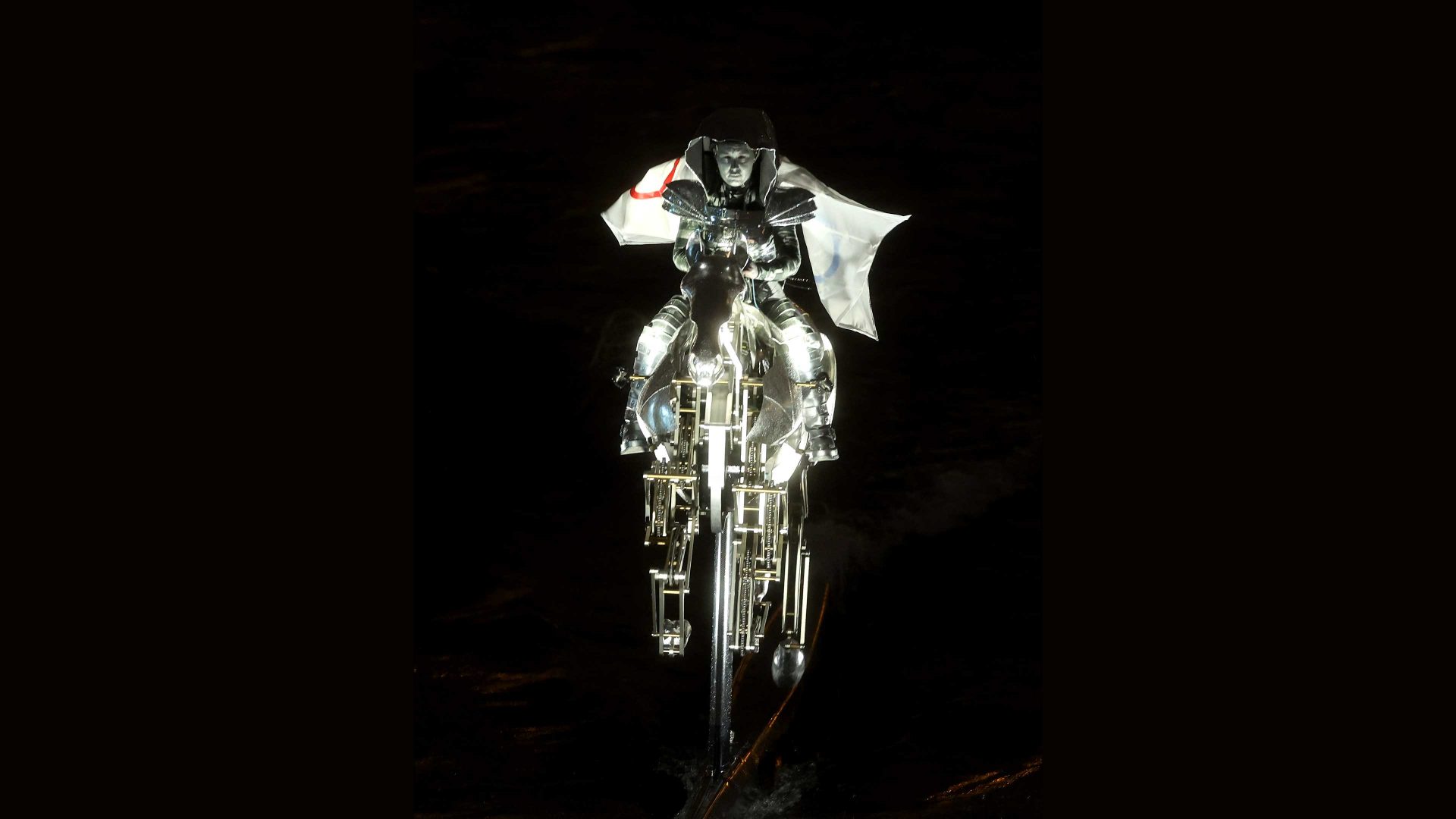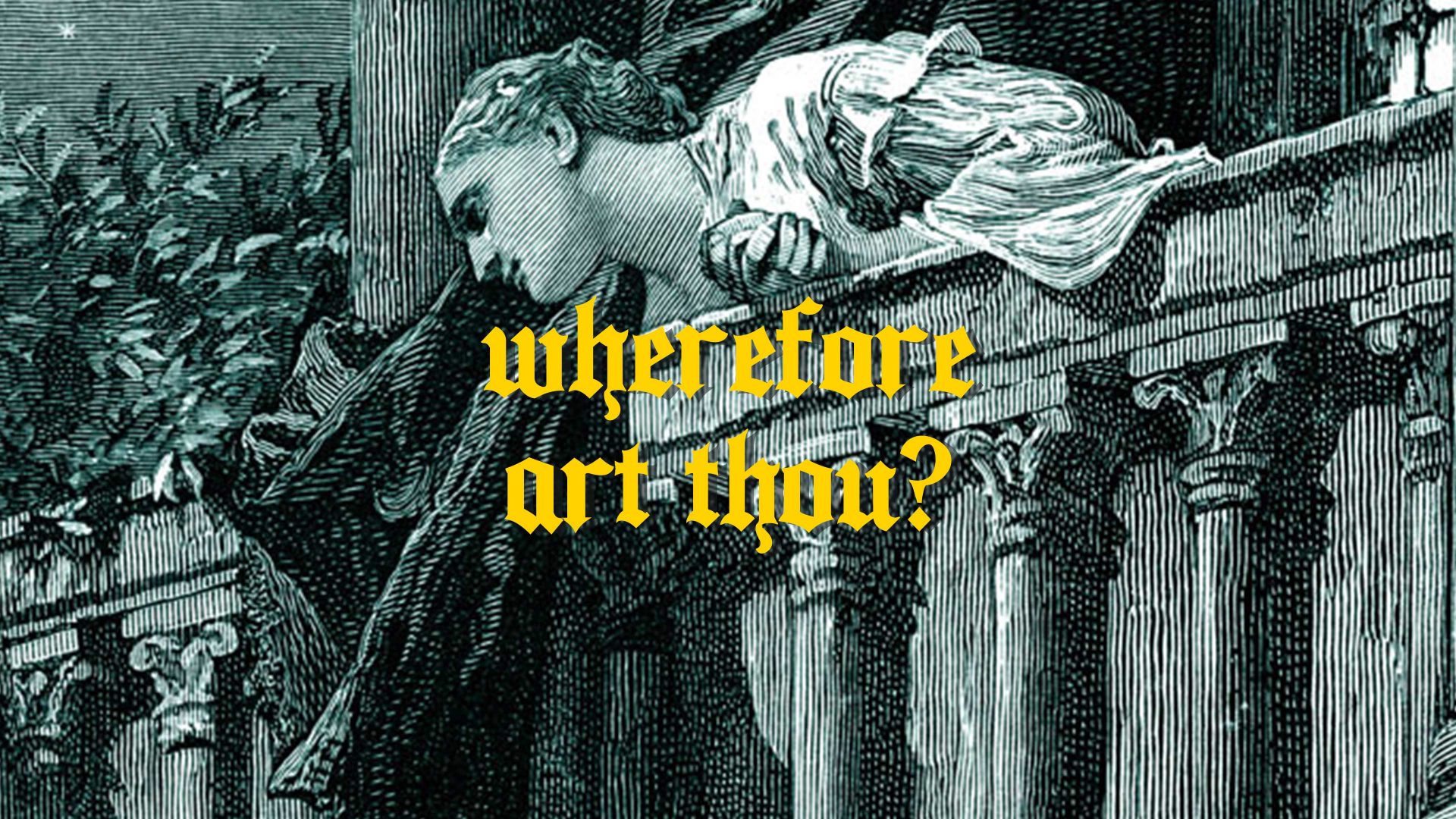We’ve been hearing the word ringard a lot chez nous since the Olympics opening ceremony in Paris. Ringard – meaning tacky to the point of cheesy – and with it the idiom trois fois rien (three times nothing), which means exactly that – although when applied to these events it should, quite possibly, have been subject to a multiplier of 10.
Or a hundred – since the festivities were smeared right across the Cité de la Lumière, and included all sorts of empty fatuities. Much joy was apparently generated by a woman on a mechanical horse who “galloped” across the Seine – really, she was the French equivalent of Penny Mordaunt holding the sword erect at the Coronation. I don’t doubt it’s difficult to ride an equine cyborg – but you’d need to actually have Pegasus between your thighs to embody the Olympic ideal of paideia, rather than the contemporary commercial one of using the modern Games to showcase the host nation’s tech companies.
And the overall vibe for the ceremony – and by extension, the Games themselves – was also a very contemporary French take on multiculturalism, rather than an Ancient Greek one on pacifying a lot of fractious city-states.
In truth, I say “multi”, but the opening act of the night, Slimane, perfectly presented the devoutly desired-for Pax Gallica, one between increasingly extreme leftists and rightists, that reflects an underlying divide between citizens of north African heritage, and those French who consider themselves Français de souche (literally “of the stump” or “roots”, metaphorically “pure”).
Slimane, being of Kabil descent, represented one side of the divide – or, rather, since he owes his career to winning the French version of The Voice, hopefully he mended the yawning rift with the polyphonic-filler that jetted from his mouth. Because let’s face it: populism will beat fascism every time… Yes, and if only your hollow laughter had accompanied Slimane’s rendition of Ma Gueule – a chanson originally made famous by Johnny Hallyday in the early 1970s – all might yet be for the best, in the best of all possible worlds.
“Qu’est-ce qu’elle a ma gueule?” Slimane eyeballed that utopia, as he ran down a long, steely-looking catwalk that extended from the facade of the Basilique-cathédrale de Saint-Denis, and which also contained a number of prancing dancers, kitted up in baggy white chemises of vaguely pre-revolutionary cut, and sporting regulation Marcel Marceau mime-is-money maquillage. A literal translation of the lyric would make it sound yet naffer (or indeed, tackier) to the English ear than… well, than French chansonniers’ soulful efforts usually do.
The gist is, however: “Are you screwing me out?”; so, that the gueule in question belonged to a black Frenchman, who was proclaiming this in front of the French equivalent of Westminster Abbey, made the whole performance proof the countervailing currents of French culture are comingling irenically. Or so they hope.
The truth is at this frantic point in contemporary French history, with the ethno-nationalist far right held at bay only by a my-enemy’s-enemy electoral alliance, this shtick seems not so much hopeful, as all gueule and no culottes. Still, we’ve only to cast our eyes back to London 2012, to see the British people suspended, hostages to fortune, like a future premier stuck on a zipline, but nonetheless delighted by the photo-opportunity.
But really, all Olympics opening ceremonies that offer kulturkampf instead of pure spectacle suffer from the same regression to the ringard. Yes, yes, for a few years at least people were wont to say that British culture had never been better epitomised than by a double-decker bus full of saucy nurses and a man playing air guitar. Whether the career of left-liberal literary poster-girl Leïla Slimani, who was responsible for “writing” the French carry-on, will rise to the heights Frank Cottrell-Boyce’s has, after he’d done the same for London 2012, remains to be seen.
But then Cottrell-Boyce is a children’s author – and this sort of patriotic piffle is pretty damn childish stuff to pen. The Brit idea wasn’t dissimilar to the French one, though: Danny Boyle, the 2012 showrunner, took his “inspiration”, in part, from The Tempest – especially, we’ve been told, Caliban’s “Be not afear”’ speech, in which he extols the delights of the magical isle he inhabits.
Which was Bermuda, not Britain – The Tempest being one of the first English works to grapple with the fact of “the New World”, and of course, its new peoples, in the form of Caliban, who, instead of soothing the anxieties of Antonio, Alonso, Ferdinand and Sebastian et al, he should’ve been cultivating his own.



